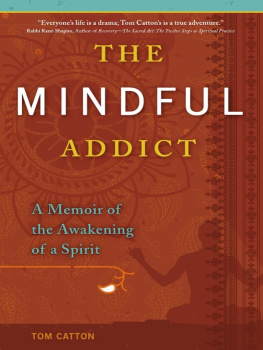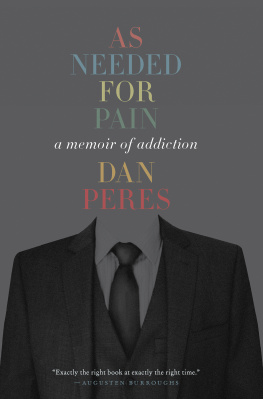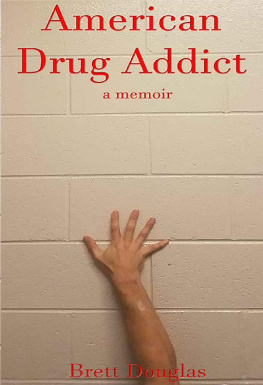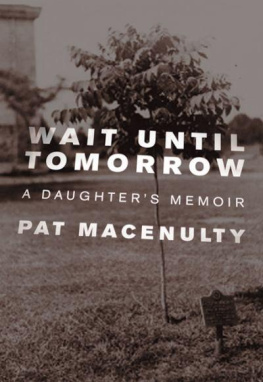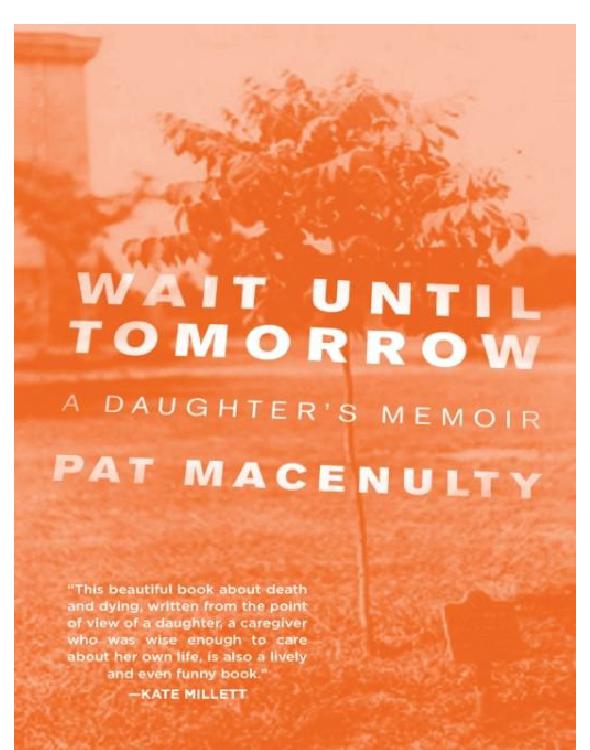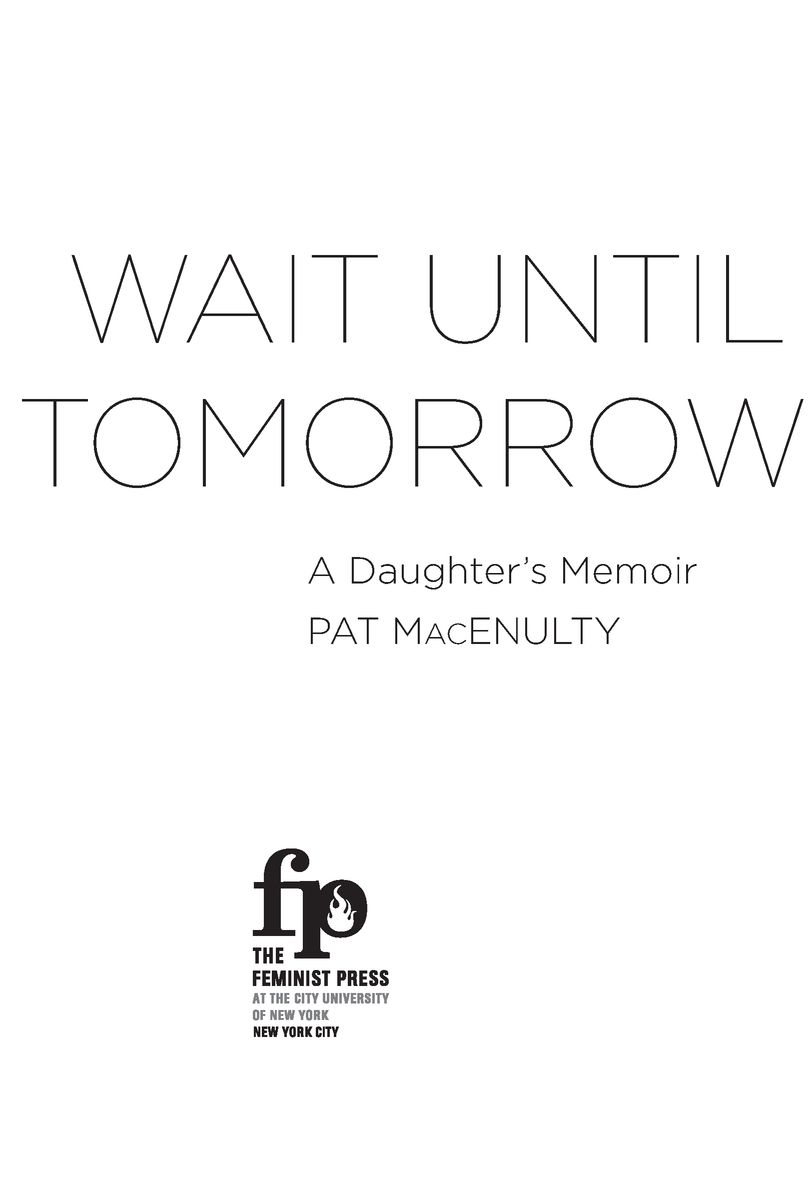Table of Contents
If you want to understand any woman you must first ask about her mother and then listen carefully.... The more a daughter knows the details of her mothers lifewithout flinching or whiningthe stronger the daughter.
Anita Diamant
Prologue, The Red Tent
INTRODUCTION
In the summer of 2004, I moved my eighty-six-year-old mother from Edenton, North Carolina, where she was a well-known and much-loved musician, into an assisted-living facility near my house in Charlotte. I had no idea what the next few years of my life would be like, but I guessed they might be difficult. They were more than difficult. They were gut-wrenching, sometimes grieffilled yearsand yet also more rewarding and soul-stretching than I could possibly have imagined. Sometimes in the throes of despair, I would write essays about what I was going through when I could find the energy. Then I began to think that sharing my experiences of dealing with an elderly parent might be helpful to others who were just embarking on this adventureas reading about the experiences of others had been helpful to me.
So I started out to write a book about taking care of my mother. However, I found that I could not write about my elderly mother without writing about my younger mother. I couldnt write about my sacrifices without writing about hers. And I couldnt write about being a daughter without writing about being a mother. Then there were all the others who played such important roles in this journey: my brothers, my husband, my daughter, my friends both living and dead, even my dog. Mostly, I realized I couldnt write about the present without writing about the past.
This is my spiderweb of a story. I have kept the real names of my brothers, my mother, myself, and many of my friendswith their permission. I have changed the names of my husband, his family, and our daughter out of respect for their privacy. I am sure they do not share my perspective on all the events that I describe. This story is my truth. Theirs may be something entirely different. I have also changed the names of the various places where my mother was housed over these years. Some of them were fine. Some were awful. I learned a lot about the way we treat our elderly and our caregivers.
One day while driving in my car, I heard an interview with Terry ONeill, president of the National Organization for Women, on the NPR show Here and Now. ONeill said that the best marker of whether a woman will live in poverty in her old age is motherhood. I was shocked. Being a mother is the one factor that correlates strongly with living in poverty in old age, she said, adding that we dont have policies in this country that support caregivers. ONeill noted that caregiving is largely unpaid and largely done by women.
For my mother, Social Security represented her only income in her old age, other than what my brothers and I contributed. That, I discovered, is not uncommon. According to the Social Security Administration, about 90 percent of all elderly women live solely on Social Security. In addition, women live longer than men and their Social Security payments are less. Few elderly women have private pensions. Another scary statistic: by 2030, one in four American women will be over the age of sixty-five. I will be one of those women.
And what does this mean for the women who are doing the caregiving? According to a study by the Commonwealth Fund, 25 percent of women who care for a sick or disabled family member rate their own health as fair or poor, and more than half of women caregivers have one or more chronic health conditions. I can attest that while taking care of my mother, I often neglected my health for lack of time, energy, and money. The study also states, Nearly one-third of all caregivers (31 percent) report a decrease in their familys savings because of caregiving responsibilities. Overall, two of five women caregivers devote more than twenty hours per week to caring for a sick or disabled family member.
Although my mother has always been a very private person, she understood my desire to tell our story. I have tried to paint a broader picture of her than the emotionally fragile old woman she became in her later years. She was so much more. In addition to possessing a wide-ranging intelligence, she was kind, generous, fun, and extraordinarily talented.
The centerpiece of this story is my mothers requiem, a composition which she wrote as a memorial for two young men who died in separate accidents. This book is also my requiem for friends I have lost, for my mother, and for the long chapter of my life that ended somewhere in the midst of all these events.
ONE
PRELUDE
Remember thy servant, O Lord.
Her hands are quiet now,
She moved in quiet rooms.
Her silence now has found her,
Fragile and translucent as a shell polished by the sea.
Rosalind MacEnulty
An American Requiem
ONE
SEPTEMBER 2009
My cell phone starts singing Love Me Do at seven in the morning. Ive been awake for an hour, lying in bed, thinking, wondering what to do about my crumbling house and my crumbled marriageabandoned like an old broken sofa by the side of the road. The sound of the phone so early brings on a rush of adrenaline. What now? Its my daughter, Emmy, in a quandary about a paper thats due in an hour. Im almost grateful to be given a problem that I can handle so easily. I get up and shoot her some suggestions by email. Emmy is in college now and rarely needs my help anymore, but her moment of desperation brings me back to all those times when she was youngerwhen she forgot her homework or lost her keys or had some other mishap and I always ran to the rescue.
A couple of hours later, my friend Darryl calls. Hes agreed to go play Scrabble with my mother on Tuesday and Thursday evenings since I have late classes to teach. He wants to know if Ive seen my mother this morning. I havent.
Well, she wasnt doing well at all last night, he says. She was very slow and only able to come up with three-letter words. Then, when it was time to go, I asked her if she wanted me to take her upstairs. She said no and then she said yes. So I started to walk with her to the elevator. She was wheeling herself, and she turned and went in the other direction. I tried to correct her, but she insisted I was wrong and when I tried to push her wheelchair to the elevator, she began to fight me.
Oh God, Im thinking, picturing my tiny mother, her mouth set in grim determination, her silver head lowered like a bull, and her hands with their purple bruises clutching the wheels of her wheelchair. And poor hapless Darryl, ever the gentleman, trying to convince her to go the right way.
I finally let her go in the other direction and then after she couldnt find the elevator, I pushed her the right way but by then she was very upset. And this too, I can imagine: the resigned despair in her eyes, the fluttering hands, the hangdog look, and the inarticulate stammering.
Yes, I say. Every time she goes to the hospital she comes back a step lower. Ive no idea what to do.
And its true. Ive no idea what to do. They surely wont keep her at the Sanctuary indefinitely if shes that diminished. They do have a memory care unita locked door at the end of the hallway. Ive never been inside, but Ive heard sounds: people calling out, people laughing sometimes, or crying.


